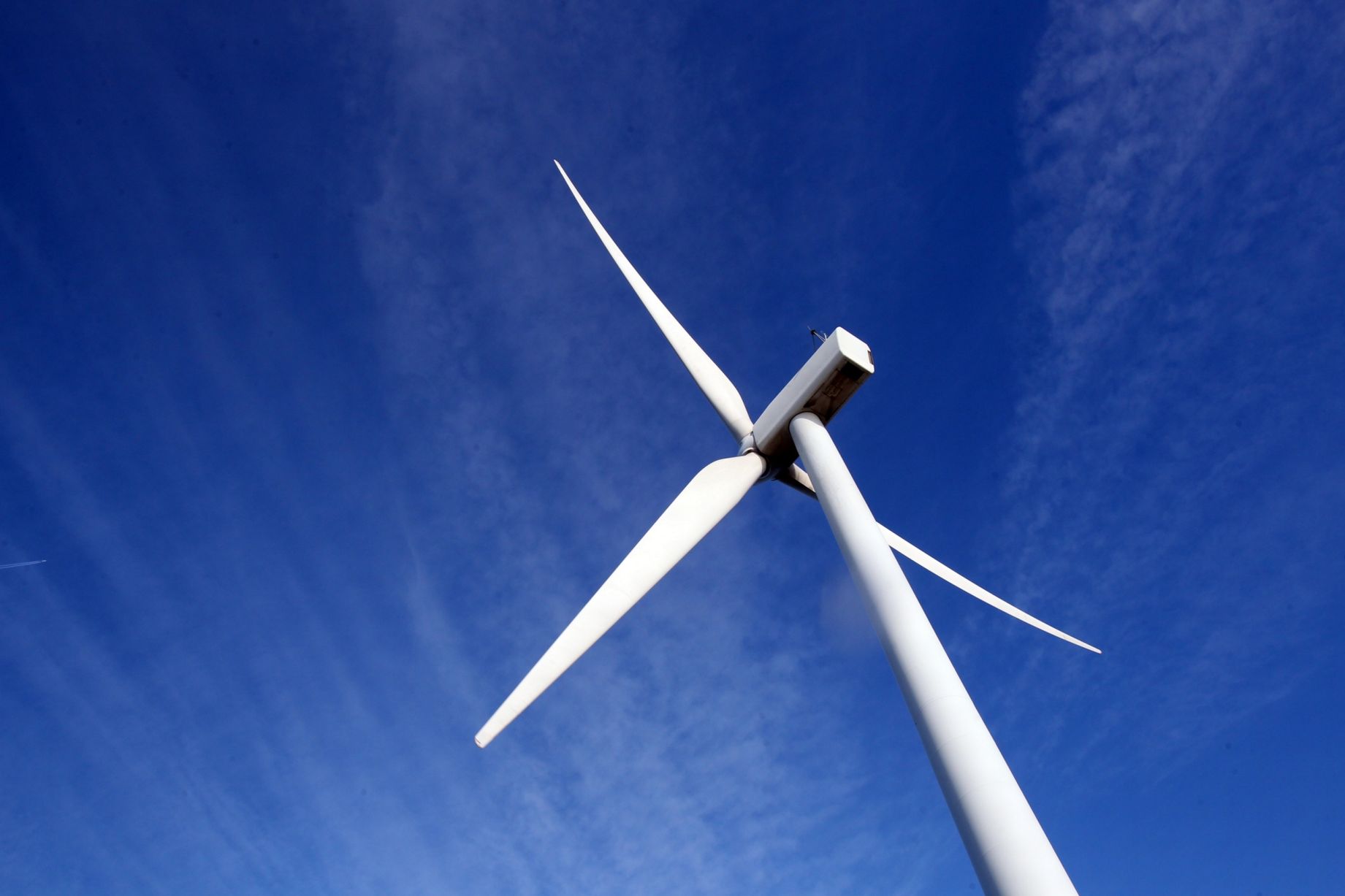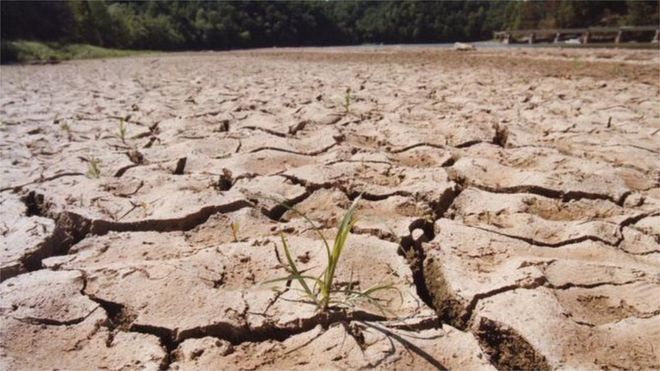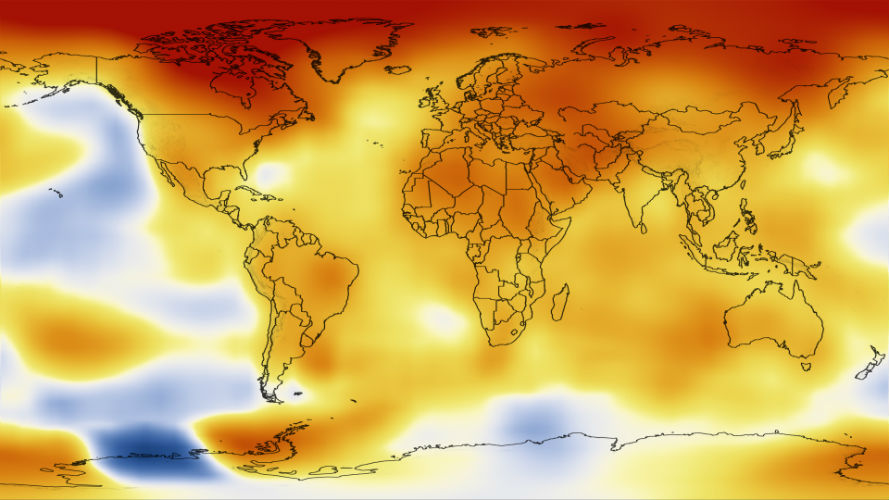The world’s largest offshore wind farm is now fully operational, 55 miles off the coast of Yorkshire.
The Hornsea 2 project can generate enough electricity to power about 1.3 million homes – that’s enough for a city the size of Manchester.
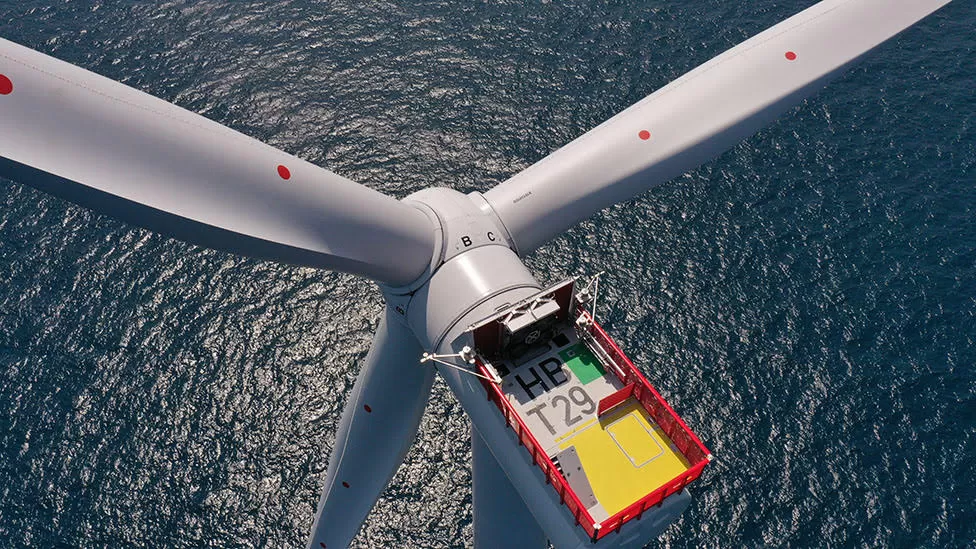
A decade ago renewables made up just 11% of the UK’s energy mix. By 2021 it was 40%, with offshore wind the largest component.
Hornsea 2 is part of a huge wind farm development by energy firm Orsted.
“The UK is one of the world leaders in offshore wind,” Patrick Harnett, programme director for the Hornsea 2 wind farm told BBC News.
“This is very exciting after five years of work to have full commercial operations at the world’s largest offshore wind farm.”
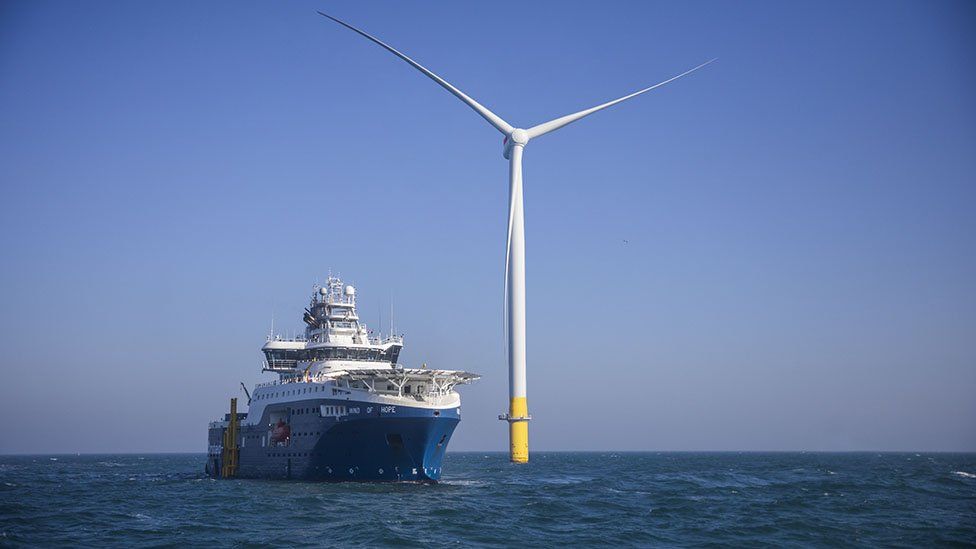
Hornsea 2 has taken the title of “world’s largest” from its neighbour Hornsea 1. It covers an area about four and half time the size of Liverpool. With even larger projects under construction nearby in the North Sea it’s unlikely its title will last long. The Dogger Bank wind farm, which when fully built will be able to power 6m homes, is due to start coming on stream next year.
Each of the 165 turbines in Hornsea 2 stands about 200m tall from the sea level to the top of the 81m blades. Mr Harnett says a single rotation takes six seconds and provides enough energy to power a home for a day.
Over the last decade the size of wind farms and turbines have both increased, helping to bring down the cost of the electricity they generate.
“The last time I checked it was roughly £450 per megawatt hour to buy electricity generated by gas,” says Simon Evans from Carbon Brief, a website that follows renewable energy issues.
“That’s about 9 times more expensive than the current cost to build new renewable capacity.”
In the UK government’s latest auction round in July, 11 gigawatts of renewable energy was commissioned which is enough to power about 12m homes. As part of it’s Net Zero targets the government has committed to de-carbonising electricity generation by 2035, with offshore wind playing a crucial role.
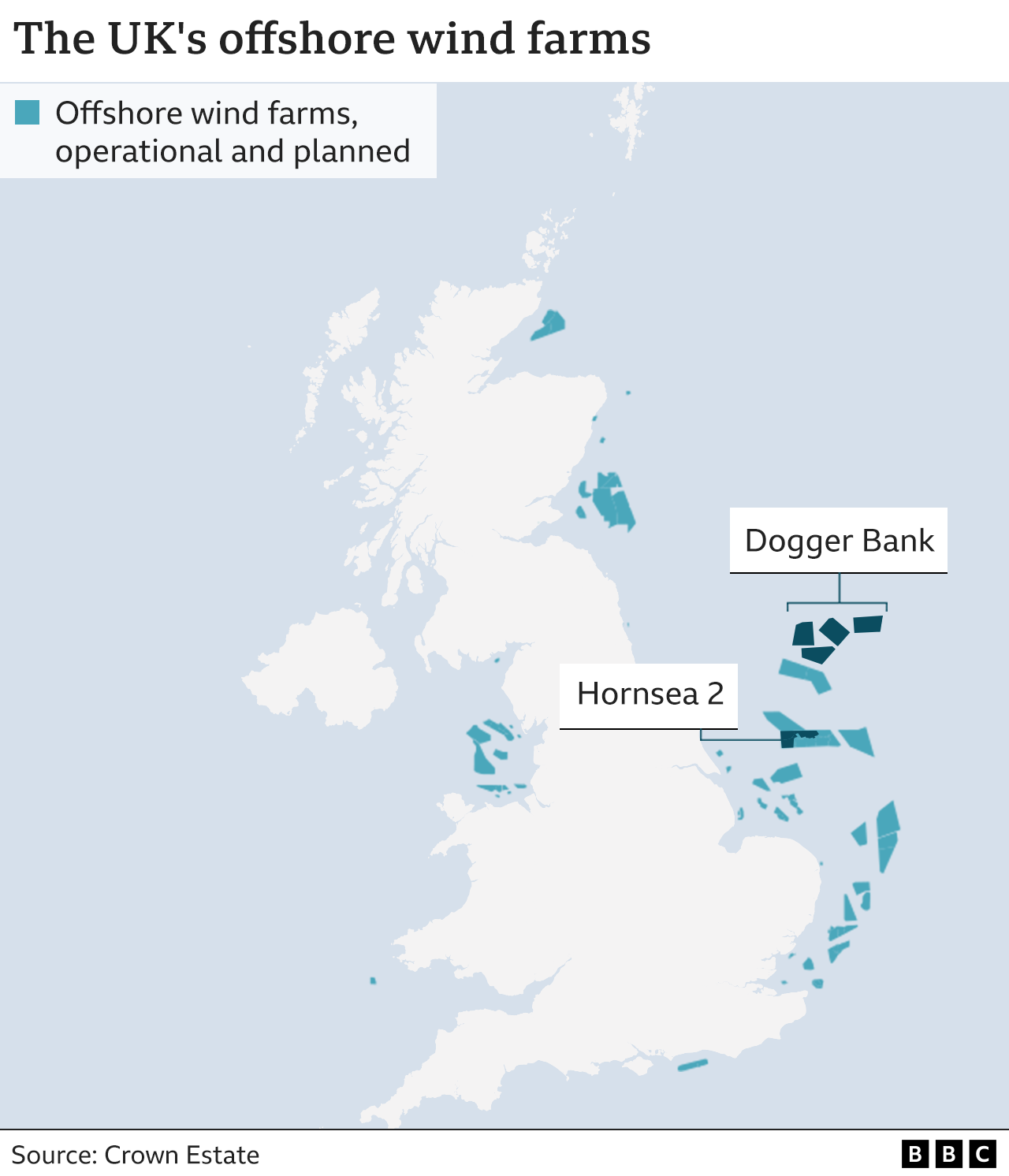
The current worldwide energy crisis, triggered by Russia’s invasion of Ukraine, has intensified the search for alternatives to gas fired power stations. There are no quick solutions.
Offshore wind projects take about five years from planning consent to full operation, and there are those who say that the scale of the current energy crisis means that building wind farms onshore needs to be looked at again.
“Onshore wind has traditionally been the cheapest form of energy and you can get that up and running in about a year,” Melanie Onn of Renewable UK told BBC News.
“We’re not doing that at the moment because the planning process allows for a single person to object to an onshore wind farm and that closes the whole thing down, so we really need the government to take action and put our country’s energy needs first.”
